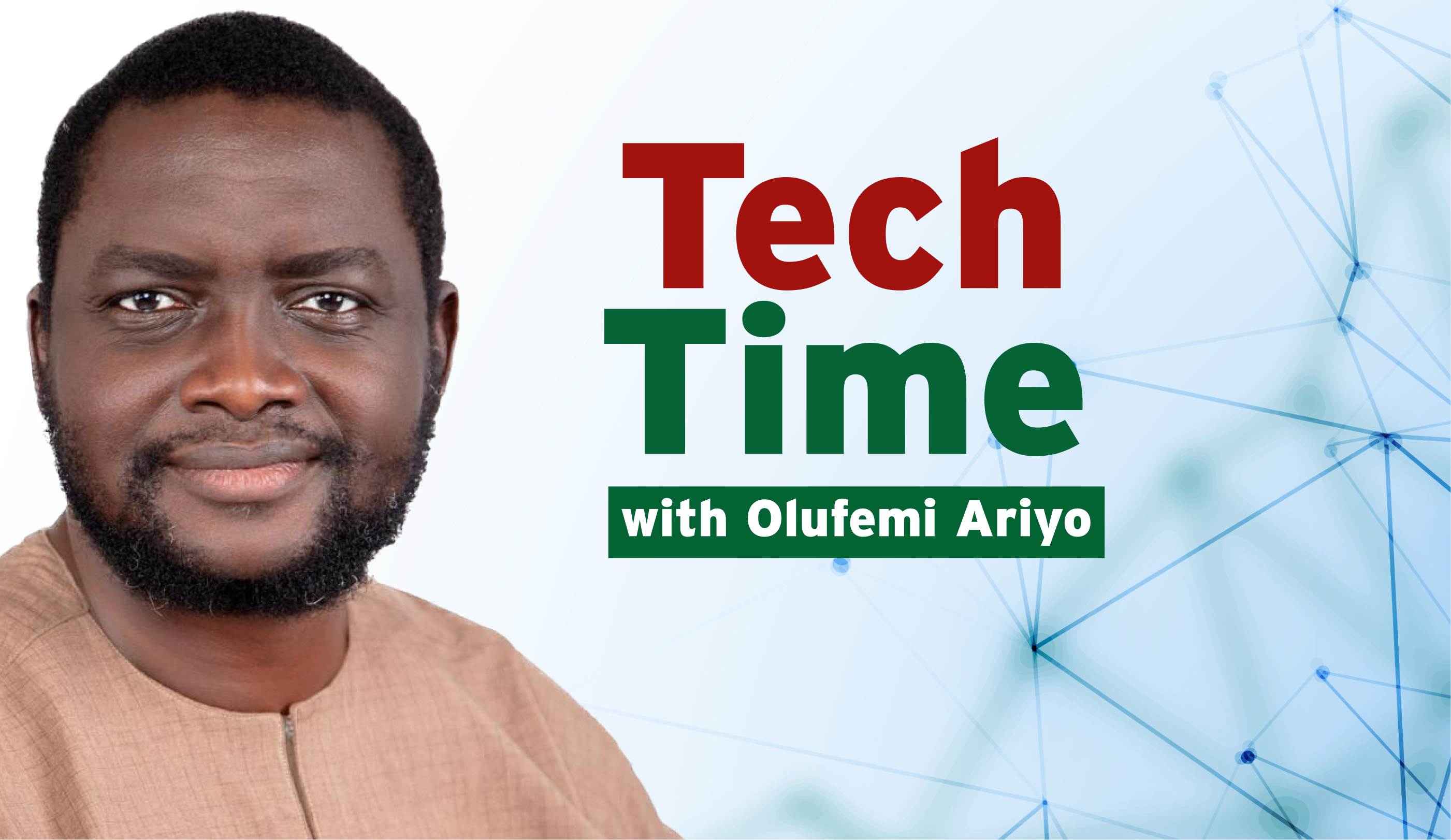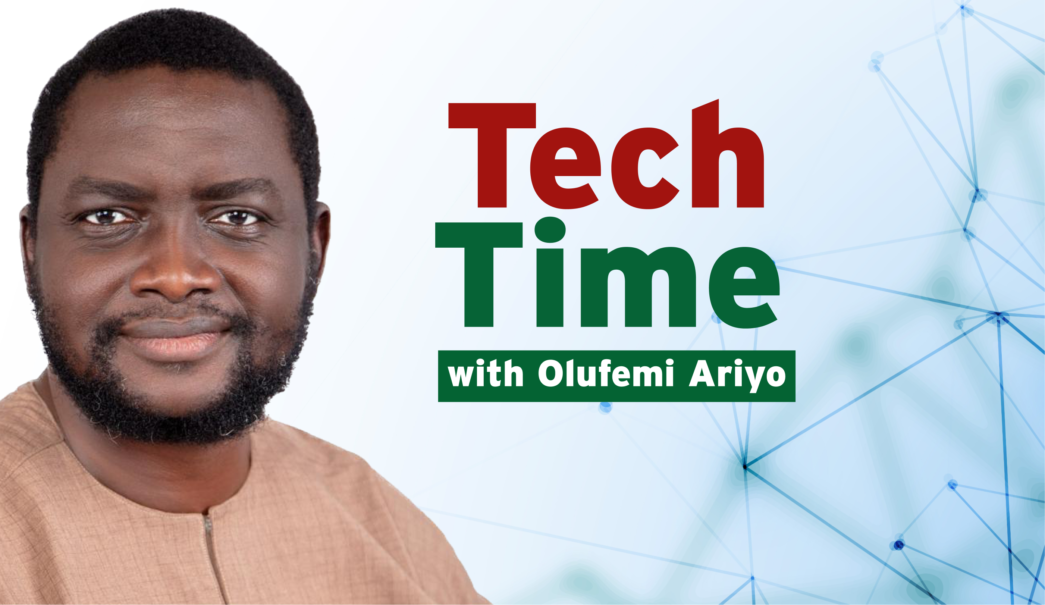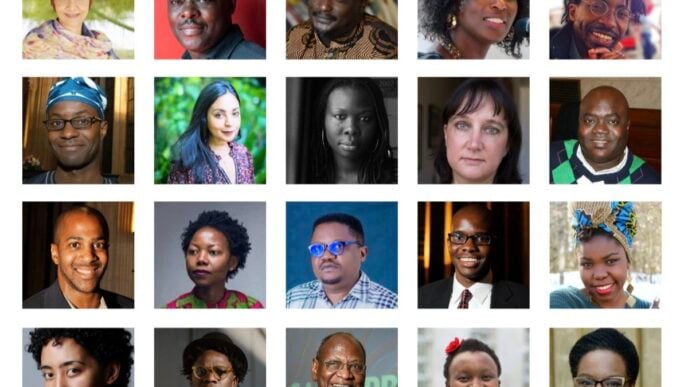Klaus Schwab, Founder of the World Economic Forum, posits that “we are moving from a world where the big eat the small to a world where the fast eat the slow.”
Not long ago, a university degree was considered the gold standard—the ultimate signal of readiness for the workforce. It was a symbol of discipline, knowledge, and long-term commitment. But as we move deeper into 2025, the ground beneath that standard is shifting. Traditional degrees, while still valuable, are being challenged by a new model of learning that prioritises speed, specificity, and adaptability: micro-credentials.
These bite-sized certifications are quickly emerging as powerful tools for professional growth. Whether it’s a Google-backed UX design course, a machine learning badge from Coursera, or a GitHub certificate in automation, micro-credentials offer individuals the chance to upskill with precision and speed—two things that are essential in a world where technologies evolve faster than most curricula can keep up.
Today’s job market can make skills become outdated in months, not years. As industries are reshaped by digital transformation, employers are no longer fixated on where you studied, but rather on what you can do right now. This shift is driving a global rethink of what it truly means to be “qualified,” and it’s ushering in a future of work that is more inclusive, agile, and skills-focused than ever before.
Advertisement
What Are Micro-Credentials?
Micro-credentials are short, targeted learning experiences that certify specific skills or competencies. Unlike traditional degrees—which often span years and cover broad academic content—micro-credentials focus on practical, immediately applicable skills that are in high demand. They’re designed to help professionals learn quickly, demonstrate expertise, and stay competitive in a rapidly evolving job market.
For example:
Advertisement
- Google’s UX Design Certificate on Coursera can be completed in under six months (with just 10 hours a week) and covers real-world projects in user research, wireframing, and prototyping. It’s designed for beginners but carries weight in the job market due to Google’s industry reputation.
- IBM’s Data Science Professional Certificate offers learners a chance to build job-ready data analysis and visualization skills, using tools like Jupyter, SQL, and Python. It’s stackable and has even been accepted for credit toward select degree programs.
- Microsoft and LinkedIn’s Learning Paths provide credentials in topics like cybersecurity, agile project management, and AI literacy—all tailored to the needs of employers actively hiring in those spaces.
- Developers often pursue GitHub-verified certifications, such as those for Python automation, DevOps practices, or Git version control. These not only showcase coding skills but also come with project portfolios visible on GitHub—serving as a live resume for recruiters.
Micro-credentials are also stackable, meaning professionals can build them into a broader skills portfolio. For example, someone aiming for a product management role might combine a credential in agile methodology with certifications in UX research and data analytics.
One of the greatest strengths of micro-credentials is their industry alignment. They’re often developed in collaboration with companies and thought leaders who know exactly what skills are needed in the workforce today—not five years ago. That makes them especially valuable in fast-moving industries like:
- Tech, where tools and frameworks change constantly.
- Digital marketing, where algorithm updates and consumer behavior shift quickly.
- AI and machine learning, where new models and ethical considerations emerge rapidly.
- Project management, where lean methodologies and hybrid team structures are becoming the norm.
In many ways, micro-credentials are closing the gap between learning and doing—giving people a chance to prove they can perform specific tasks, solve problems, or think critically in real-world contexts. And because they’re often available online, they open up access to quality education for learners around the world, regardless of geography, background, or financial status.
Why They are Gaining Ground
Advertisement
The popularity of micro-credentials isn’t just a passing trend—it reflects a fundamental shift in how people learn, how companies hire, and how careers are built. Here’s why they’re gaining traction so quickly across industries:
Speed Over Tradition
A traditional bachelor’s degree typically takes three to four years to complete and often requires students to invest time in general education or non-specialised courses. In contrast, a micro-credential can be earned in a matter of days or weeks, providing professionals with focused, job-ready skills without the delay.
For industries where technology is being updated regularly—like artificial intelligence, blockchain, cybersecurity, or software development—this speed is critical. For example, someone wanting to learn how to use prompt engineering tools in AI does not need to enrol in a computer science program; they can take a certified course developed by OpenAI or DeepLearning.AI and start applying that knowledge almost immediately.
Advertisement
This ability to learn fast and stay current gives individuals and companies a powerful competitive edge.
Skill Relevance
Advertisement
More than ever, employers are focused on capability over credentials. A diploma earned five years ago may no longer reflect the needs of a swiftly changing market. Employers now ask: Can you build a working prototype in Figma? Can you automate a workflow using Python? Can you analyse real-time customer data using Tableau or Power BI?
Micro-credentials offer current, high-impact skills, often co-developed with or endorsed by industry leaders. For example:
Advertisement
- Meta’s marketing science certification teaches professionals how to run and measure campaigns using Facebook’s algorithmic tools.
- AWS Skill Builder offers credentials in cloud architecture tailored to Amazon’s platform—something increasingly requested by IT hiring managers.
This alignment between what companies teach and what they hire for creates a much tighter feedback loop between learning and employment.
Accessibility and Inclusion
Advertisement
One of the most transformative aspects of micro-credentials is their ability to democratise education. Many micro-credentials are free or low-cost, and available online. This breaks down the traditional barriers of tuition fees, location, or institutional access.
This accessibility is especially powerful for:
- Career changers who need to reskill without going into debt
- Professionals from underrepresented or nontraditional backgrounds
- Workers in the Global South, where quality degree programs may be less available
For example, platforms like Google Career Certificates are designed to be completed with no prior experience, cost a fraction of a college course, and come with job placement support—providing a direct path into fields like IT support or digital marketing.
All that’s needed is internet access, time, and motivation—making it a more equitable pathway to economic mobility.
A Lifelong Learning Mindset
Today’s professionals are not looking to learn once and coast through a 30-year career. In a period of constant disruption, upskilling is no longer optional—it is survival.
Micro-credentials support a modular, ongoing approach to learning. Instead of a single degree, professionals now assemble a custom toolkit of skills over time:
- A content strategist might earn micro-credentials in SEO, analytics, and storytelling.
- A data analyst may stack courses in Python, machine learning, and data ethics.
- A team leader might take certifications in agile project management and remote team facilitation.
This mindset aligns with how careers evolve today—nonlinear, adaptive, and driven by curiosity.
Decentralised, Verifiable Credentials
Traditional degrees can be difficult to verify, especially across borders. Micro-credentials, on the other hand, are often digitally issued and blockchain-secured, making them easily shareable and tamper-proof.
Platforms like Credly, Badgr, and Accredible are helping institutions issue digital badges that link directly to the learner’s accomplishments, skills, and assessment criteria. These badges can be displayed on:
- LinkedIn profiles
- Professional portfolios
- Online resumes or personal websites
This transparency empowers both professionals and employers. Recruiters can instantly verify skills without needing to call a university registrar, and learners can build a living, dynamic skill portfolio that grows with their career. Together, these factors make micro-credentials not just a viable alternative to traditional degrees, but in many cases, a more effective, flexible, and inclusive path to professional growth.
What This Means for Professionals: A Tale of Two Contexts – Nigeria and Singapore
For Job Seekers and Professionals
We live in a skills-first economy today, and relying solely on a traditional degree is no longer enough—regardless of where you are in the world. Whether you are a software engineer in Singapore or a data analyst in Nigeria, employers want to see what you can do, not just what you studied.
In Singapore, where the government has heavily invested in upskilling through initiatives like SkillsFuture, professionals are encouraged to constantly upgrade their skills. Workers can access subsidised micro-credentials from institutions like NTUC LearningHub, or take advanced certifications from Microsoft, AWS, and LinkedIn Learning. As a result, job candidates in Singapore often arrive at interviews with up-to-date, verifiable skill portfolios, not just academic transcripts.
In contrast, Nigeria’s education system, while producing a large pool of university graduates, has struggled with outdated curricula, underfunded institutions, and a mismatch between what is taught and what employers need. However, this challenge is also Nigeria’s biggest opportunity: the country has a highly motivated, youthful population that is increasingly turning to online learning platforms like ALX, Coursera, and Udemy to fill the skills gap. A young Nigerian developer may earn a Google Cloud certification or a remote work badge from Andela and use that to land freelance or remote jobs globally, despite lacking formal access to a top-tier local university.
In both countries, a smart professional will:
- Build a visible, up-to-date skills portfolio, including micro-credentials, project work, and GitHub or Behance portfolios.
- Align their learning with real-world demands, targeting programs endorsed by companies like Google, Amazon, or Meta, whose certifications are globally recognised.
- Use credentials not just for job applications but to negotiate better roles, promotions, or freelance contracts.
For Employers, Managers, and Recruiters
The rise of micro-credentials also challenges traditional hiring models, especially those that filter candidates based solely on degrees. Employers in both developed and emerging economies need to rethink what they value when building teams.
In Singapore, many employers are already shifting toward skills-based hiring. Government support for micro-credentialing has led to an ecosystem where HR managers often look for certified competencies, especially in fast-moving fields like fintech, cybersecurity, and data science. In fact, some local job platforms now allow candidates to filter jobs by required skills or certifications, not just education level.
In Nigeria, employers are also beginning to adjust, especially in tech and creative industries where talent can be found outside of the traditional academic pipeline. Startups, outsourcing firms, and innovation hubs are hiring candidates who’ve proven themselves through bootcamps like Decagon, AltSchool Africa, or remote certifications in frontend development and cloud computing. These candidates may not have a formal degree, but they can build products, manage systems, or contribute to agile teams from day one.
Whether in Lagos or Singapore, hiring managers can take advantage of this shift by:
- Dropping rigid degree requirements and instead asking for portfolios, code samples, or certification evidence.
- Encouraging internal upskilling through subsidised micro-credential programs, particularly for roles vulnerable to automation or technological shifts.
- Evaluating learning agility—the ability to continuously learn and adapt—as a core hiring criterion.
Bottom Line
In both Nigeria and Singapore, the rise of micro-credentials is redefining how professionals grow and how companies hire. While the infrastructure, access, and government support may differ, the trend is clear: skills, not just schooling, are the new currency of opportunity.
For professionals: Learn what matters today and show it.
For employers: Hire for what people can do and help them keep learning.
Conclusion: Redefining What It Means to Be Qualified
As industries demands change and the half-life of skills shrinks, micro-credentials are helping rewrite the rules of professional success. They represent more than just a shortcut—they signal a shift toward a more dynamic, inclusive, and skills-driven economy (what you can do). For individuals, they offer a way to stay relevant, pivot careers, and compete globally. For employers, they unlock access to untapped talent and foster a culture of continuous learning.
As futurist Alvin Toffler once said,
“The illiterate of the 21st century will not be those who cannot read and write, but those who cannot learn, unlearn, and relearn.”
This is not the end of traditional education, but it is the beginning of a more flexible, modular, and merit-based future. Whether you are in Nigeria navigating limited access to formal education, or in Singapore optimising your career in a high-tech economy, the message is the same: what you know and what you can do today matters more than ever.
Thank you for the enormous investment in time and attention. Please follow my Medium: https://medium.com/@roariyo (for more of my curated thoughts) and LinkedIn: https://www.linkedin.com/in/olufemiariyo/ or send an email to [email protected]













